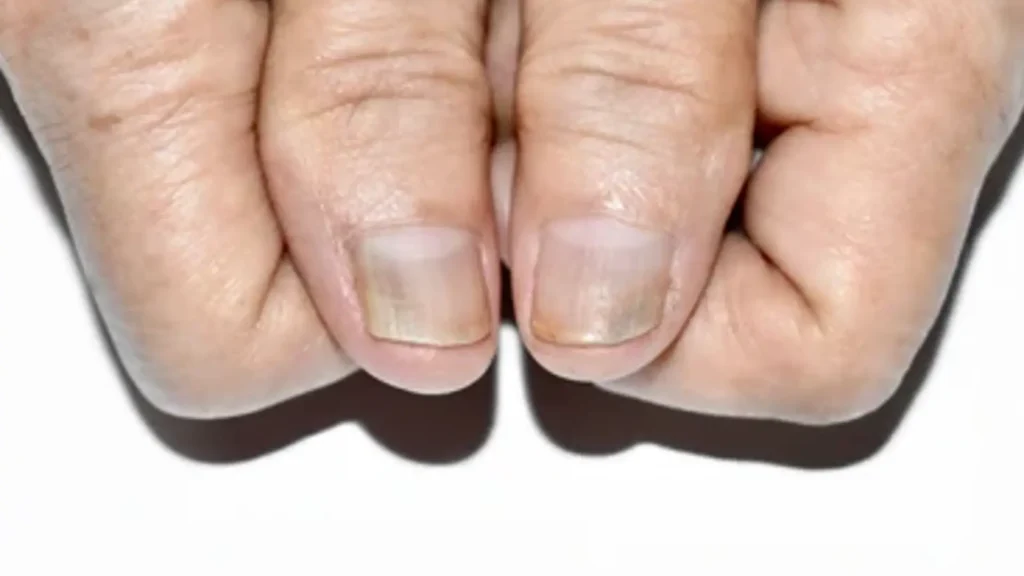You walk into a room and forget why. You meet someone, then can’t recall their name minutes later. This doesn’t mean something is wrong. It means your brain needs daily workouts, just like your body.
Memory loss is not a part of normal aging. What does change is how fast you process and recall information. But you can improve both. Every day, your brain can grow stronger if you train it right.
You might be wondering if it’s too late to start. It’s not. Your brain never stops changing. This article gives you simple, clear steps to follow every day. They take minutes. But they can sharpen your mind, improve your recall, and help you stay sharp long into your later years.
Let’s look at the daily tools your brain needs to stay clear, quick, and in control.
The Real Reason Your Memory Feels Foggy
Before learning what to do, you need to know why memory starts to slip. Many seniors think it’s just part of growing old. That’s not true.
Your brain works best with three things: focus, repetition, and use.
The problem is that modern life removes all three. Long days indoors. Too much sitting. Too much time watching. Not enough thinking, moving, or solving. That creates brain rust.
You may also be skipping sleep or missing key nutrients. These tiny daily habits matter more than you think. Poor sleep, less water, and fewer social chats can shrink your ability to store and retrieve memories.
You don’t have to accept a weak memory. And you don’t need to turn your life upside down. But you do need to create one simple memory routine that becomes part of your day.
Let’s build that routine right now.
7 Daily Memory Exercises That Really Work
These memory tools don’t take much time. But they build powerful brain habits if you do them every day. Don’t skip them. Don’t overthink them. Just do them.
1. Name Recall Drill (2 Minutes)
Each morning, think of three people you know. Picture their face. Say their full name aloud. Try to remember one detail about them—what they wore last time, their birthday, or what you talked about.
This teaches your brain to connect faces, names, and facts. It wakes up your memory center right away.
2. 5-Item Memory Stack (3 Minutes)
Grab five things in your kitchen. Apple, spoon, mug, coin, towel. Look at them for 30 seconds. Say them out loud once. Now turn around and try to name all five. Then do it again in the evening.
This short task improves recall speed. It also builds attention to detail and memory storage strength.
3. 10-Minute Journal Recall (10 Minutes)
Every evening, write down three things that happened during the day. Don’t just list events. Write details. What did you wear? What did you eat? What time was it?
This locks in your short-term memories before they fade. It also helps improve long-term recall over time.
4. Word Shuffle Game (5 Minutes)
Pick a word with at least six letters. Example: “Garden.” Now try to create new words using its letters. Red. End. Rang. Dean. Try to get ten words.
This builds verbal memory, thinking speed, and focus. You can do it on paper or just in your head.
5. Number Stretch (5 Minutes)
Think of your phone number. Say it backward. Now try your birthday backward. Now do both with your eyes closed.
This keeps your number memory strong and sharp. It also helps your brain form new neural paths, which supports long-term mental strength.
6. Clock Memory Test (3 Minutes)
Look at a clock. Now close your eyes and try to picture where each number is. Where’s the 3? Where’s the 9? Where’s the 11? Try to draw a clock from memory on paper.
This simple tool sharpens visual memory and spatial memory. It also helps with coordination and mental organization.
7. Daily Name-and-Place Match (2 Minutes)
Choose a famous person or historical figure. Think about where they’re from. Picture the country, the flag, or a detail from their life. Try to recall one fact.
This strengthens your ability to link facts and places. It also helps your brain practice “search and find” skills inside your memory.
You only need 30 minutes total each day. But these minutes are packed with value.
Memory is Muscle—And You Must Keep Using It
Here’s the real secret: memory isn’t just a skill. It’s a system. And systems only work when you use them.
Many seniors stop using memory for basic tasks. They let phones, reminders, and calendars do the thinking. This causes brain shrinkage over time. When you stop recalling on your own, your memory stops getting better.
That’s why the daily exercises above matter. You don’t need to be perfect. You just need to practice.
Each time you recall a detail, your brain grows new connections. Every new word, number, or story strengthens those wires. But you must stay consistent.
The key is not in doing hard things. It’s in doing easy things every day. That’s how memory stays alive.
Let’s go deeper. Here’s what really happens in your brain when you train it right.
You’ve heard that brain cells die with age. That’s partly true. But what matters more is how the remaining brain cells work together. And this part stays flexible well into your 90s.
The part of your brain that holds memory is called the hippocampus. It grows when used daily. Studies show that seniors who recall, write, and test themselves keep sharper memory longer.
Daily mental challenges slow down cognitive decline. They improve attention, reduce forgetfulness, and increase clarity.
You don’t need expensive apps or long games. The exercises above trigger the same brain pathways used in memory clinics.
You can also support memory by doing things that improve blood flow. Try 20 minutes of walking per day. Drink water. Sleep at the same time every night. These small changes improve memory more than pills or puzzles.
You have more control than you think. Your brain listens to what you do each day.
Now, here’s how to make this memory routine stick.
How to Stay Consistent With Your Daily Memory Routine
Starting is easy. Sticking with it is harder. But there’s a way to make it automatic.
Pick the same time each day. Morning or evening. Attach the routine to a habit you already have—like brushing your teeth or drinking tea. That way, you don’t forget it.
Use a notebook. Not digital. Writing by hand improves brain activity. Track your memory wins. Did you remember all five kitchen items today? Did you recall a friend’s birthday without help? Write that down.
Don’t skip days. Momentum matters. If you miss one, restart the next day without guilt.
Don’t add more exercises. Stick with the ones above. Let your brain grow stronger before you challenge it further.
Tell someone. A family member or friend. Let them know you’re doing memory training. They might join you. Or they might help you stay on track.
And reward yourself. Celebrate the small wins. Each time you notice a stronger memory, feel proud. Your work is paying off.
You may have forgotten things yesterday. But today is a new day. And tomorrow can be sharper—if you train for it.
You don’t need to fear memory loss. You can take control with a few small changes done daily.
Now you know what causes memory to fade. You’ve learned the seven best exercises to protect and rebuild it. And you know how to stick with your new daily routine.
This is not just about remembering names or phone numbers. It’s about staying alert, independent, and in charge of your own life.
Start today. Don’t wait. Your mind is still strong—and it’s ready to get even stronger.




